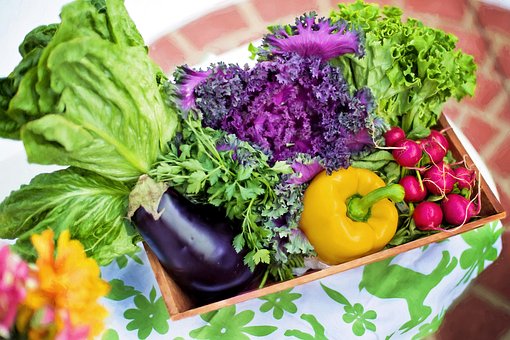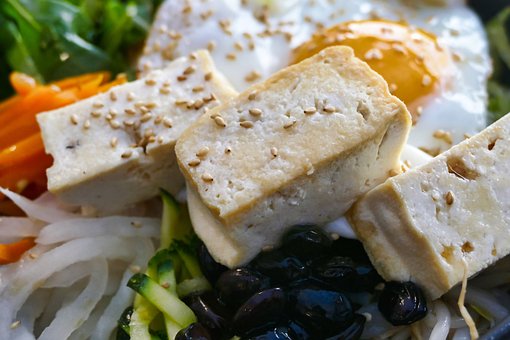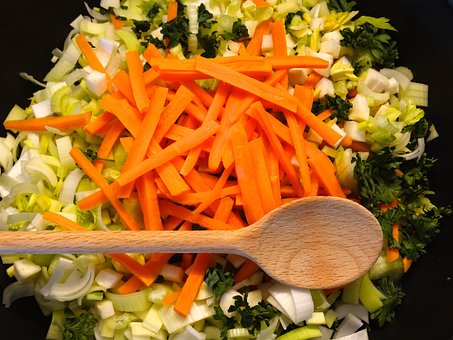Are you trying to become plant-based but don’t know where to start? Or perhaps you’ve been persuaded of its benefits and have tried in the past, but the temptations of meat and dairy have been too strong for you to switch the desire off in your mind? As I’m sure you all know when it comes to transitioning to a healthier diet and lifestyle, it’s not about willpower. When we’re hungry and craving sugar, there’s very few of us who would be able to resist hooking into our chocolate stash. Let us look at and approach the project like a work project, creating a plan which introduces boundaries and habits that prevent temptation from occurring in the first place. So in this blog, I am sharing how you can succeed on the plant-based journey. I will give you the tools to stay on the path and transition successfully to a long-term whole-food plant-based diet.
1. Know Your Why
The best way to succeed is to know your why. Why do you want to make these changes in the first place? It may seem simple, but writing your whys down on paper and referring to them constantly helps to keep you on track. For example, your "why" may be to be able to do more activities with your children or grandchildren. Actually having those images in your head can be super motivating when you’re struggling with food choices or exercise. Some other "why" examples are:
- Weight loss
- Disease prevention
- Balance your blood sugar
- Clearer skin
- Love for the animals
- Reducing your environmental impact
- Longer life
- Physical performance
I encourage you to grab a pen and write down your top "whys" and then write a paragraph that will help to motivate you later on. Put it in a place you will remember whether that’s on your bedside table or on your fridge, and refer back to it whenever you need a bit of motivation.
2. Know Your Plant-based Alternatives
Making the transition to become more plant-based is a lot easier than it was fifty years ago. Thanks to the many plant-based chefs who have advocated for change and made plant-based food a delicious alternative to heavy meat diets, more and more people are becoming plant-based, creating a demand for meat alternatives. Unfortunately, a lot of these meat alternatives are highly processed, but there are some good options too. Do your research on line and read food labels when in the supermarkets. Mushrooms, beans, and even tofu can offer a meaty texture to a dish. You can use chia seeds or flaxseeds or even a mashed banana to replace eggs when baking, and you can enjoy scrambled tofu instead of scrambled eggs. There are many dairy-free milk alternatives such as almond milk, oat milk, rice milk, and others. Cashew, almond and coconut-based yogurts are delicious and dairy-free. There are also many great cheese alternatives that you can buy from your local grocery store, or even sprinkling nutritional yeast flakes on your food adds a bit of a cheesy flavor and texture. You don't have to switch everything in the household out for only plant made items. Experiment and see what tastes good to you.
3. Make Use of the Internet and Social Media
There are hundreds of thousands of plant-based recipes and blogs on the internet advocating a plant-based lifestyle. You can’t say you’ve run out of ideas of what to cook if you peruse the internet for recipes. From delicious savories to mouth-watering desserts, some great vegetarian and vegan chefs are creating delicious and healthy plant-based recipes.
4. Find a Support Network
Get your family on board if you can, or at least get their support for your transition. Tell your family and friends about your dietary requirements at this time so they can help you out. Getting them to be your taste testers may also win them over to a healthier eating lifestyle.
5. Plan Ahead
Another key is planning ahead. Setting a bit of time aside for meal prep every week will make your life so much easier, save you money, and prevent food waste. Get to know your local farmers markets and organic food shops. Make time to go once a week with your shopping list to buy most of your groceries. Being prepared can help save time, money, and can stop food from going to waste.
6. Small Steps
If you’re currently eating a typical Western diet, making gradual changes is probably your best bet for success. Transitioning to a 100% plant-based diet is a big change from one day to the next, so don’t think you have to go cold turkey. There is power in small changes when you make them realistic and sustainable. Plus, the journey is all part of the fun, so if you can learn to love the process, you’ll be much more likely to succeed in the long term.
Say you’ve been eating plant-based for a month, and one evening you’re out for dinner, and your friend orders steak. You start drooling; steak is the one thing you really miss. And so you decide that you’re going to let loose this evening, and you say to the server, “Make that two steaks.”
After dinner, your stomach doesn’t feel well, and you think to yourself that it wasn’t worth it. Or maybe you enjoyed it, but those guilty feelings are getting you down. The key is to not throw away all your hard work because of a tiny hiccup. Consistency is far better than perfection. Don’t let perfectionism be the enemy of the good. Pick yourself up and keep going. And if you enjoy flesh once in a while, plan for it and enjoy it without guilt. I say if we plan ahead, it is a treat and not a cheat. Your life, your choice.
It’s also really important to have an open and positive mindset. If you dwell on all the things you’re missing out on, it’s going to be extra challenging for you. Focus instead on the things you like about the new diet/lifestyle and what you’ll be gaining in terms of health. That may be key to making it easier for you. You’ll be surprised, a few months down the road, your new habits and choices will become second nature, and you will love how it makes you feel. Now you can redo those medical tests and look at how the results have changed for the better.
Grandma was right when she encouraged you to eat your vegetables and then go outside and play!
Blessings,
KJ Landis
-Author and Creator of the Superior Self Series
-CPT, CFI, Life and Wellness Coach
-Nutrition Educator
www.superiorselfwithkjlandis.com
-SuperiorSelf on YouTube
-superiorself on Instagram, Twitter
-KJ Landis on LinkedIn
-Superior Self with KJ Landis on Facebook
Books available wherever books are sold.
. Whatever gets us eating healthier will help us in all facets of our lives because what we eat becomes us.




 RSS Feed
RSS Feed